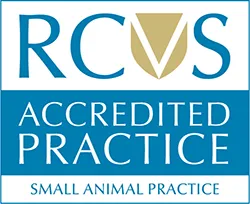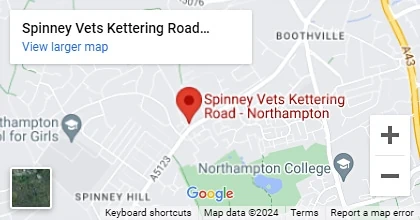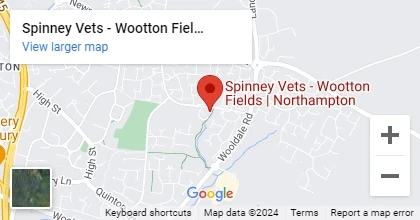Tapeworms in Dogs: What They Are and How They Affect Your Pet
Tapeworms are intestinal parasites that can affect dogs. They are long, flat, segmented worms that resemble ribbons, and attach themselves to the lining of a dog’s small intestine using hook-like mouthparts. While a light tapeworm infection may not cause severe illness, heavier infestations can lead to discomfort and other health issues for your dog.
Symptoms of Tapeworm in Dogs
The most obvious sign of tapeworms is the presence of small, white, rice-like segments in your dog’s faeces or around their anus. These segments contain tapeworm eggs and may sometimes appear to move. Other potential signs include:
-
Scooting: Dragging their rear along the ground, often due to anal irritation

-
Excessive licking of the anal area
-
Visible tapeworm segments around the anus or in faeces
-
Occasional vomiting: In some cases, dogs may vomit up tapeworm segments
-
Weight loss: Heavy infestations can reduce nutrient absorption, leading to weight loss despite a normal or increased appetite
-
Increased appetite: Some dogs may eat more when infected
-
Dull coat: Severe infestations can affect the overall health and appearance of the coat
If you notice any of these signs, it’s important to consult our veterinary team promptly for advice and treatment.
How Do Dogs Get Tapeworms?
Dogs usually contract tapeworms by ingesting fleas infected with tapeworm larvae. This can occur when a dog bites or licks at fleas on their coat. Once swallowed, the larvae develop into adult tapeworms in the dog’s intestine. Tapeworms are not usually spread directly between dogs; they require an intermediate host such as fleas, rodents, or rabbits to complete their life cycle.
Book a worming treatment appointment
Preventing Tapeworm in Dogs
Preventing tapeworm infections involves a combination of parasite control and managing exposure to intermediate hosts:
-
Consistent Flea Control
Regular, effective flea treatment is the most important step in preventing tapeworm. Our vets can recommend the best products for your dog. -
Regular Worming Treatments
Many broad-spectrum worming medications are effective against tapeworms. Following your vet’s recommended schedule is key to keeping your dog parasite-free. -
Prevent Hunting and Scavenging
Try to discourage your dog from hunting or scavenging wildlife, as this can lead to ingestion of infected rodents or rabbits. -
Good Hygiene
Promptly clean up your dog’s faeces to reduce contamination of the environment. While tapeworms are not directly spread between dogs, good hygiene helps reduce risk.
Treating Tapeworm in Dogs
If you suspect your dog has a tapeworm, contact our veterinary team at Spinney Vets. Your vet may perform a physical examination and request a faecal sample to confirm the infection.
Once diagnosed, your dog will be prescribed an appropriate deworming treatment to remove the parasites. Our team will also help you set up a proactive worm prevention plan to keep your dog protected in the future.
Contact us at Spinney Vets to get started
Tapeworm in Dogs FAQs
Can Dogs Get Tapeworm in the UK?
Yes, tapeworms are a common intestinal parasite in dogs across the UK. While many infections are mild, untreated infestations can lead to discomfort and other health issues for your pet.
How Common Are Tapeworms in Dogs?
Tapeworms are especially common in dogs that are not on regular flea and worming treatments, or in those with exposure to fleas or prey animals such as rodents and rabbits. Maintaining consistent parasite prevention is the best way to reduce the risk of infection.
Can You See Tapeworm in Dog Poo?
Yes – one of the most noticeable signs of a tapeworm infection is the presence of small, white, rice-like segments in your dog’s faeces or around their anus. These segments may sometimes move, making them easy to spot if you know what to look for.
Can Humans Get Tapeworm from Dogs?
Although it is uncommon, certain types of tapeworms that infect dogs can potentially affect humans. This usually happens through accidental ingestion of flea larvae carrying tapeworms or by coming into contact with eggs passed in dog faeces. Practicing good hygiene and keeping your dog on regular parasite prevention significantly reduces this risk.







